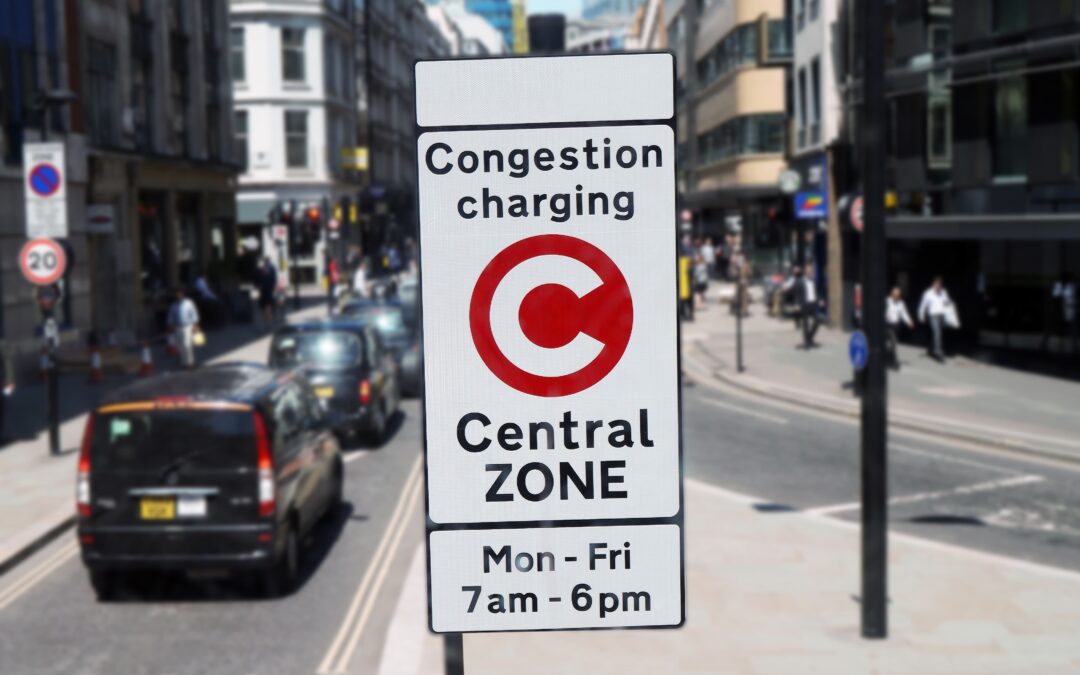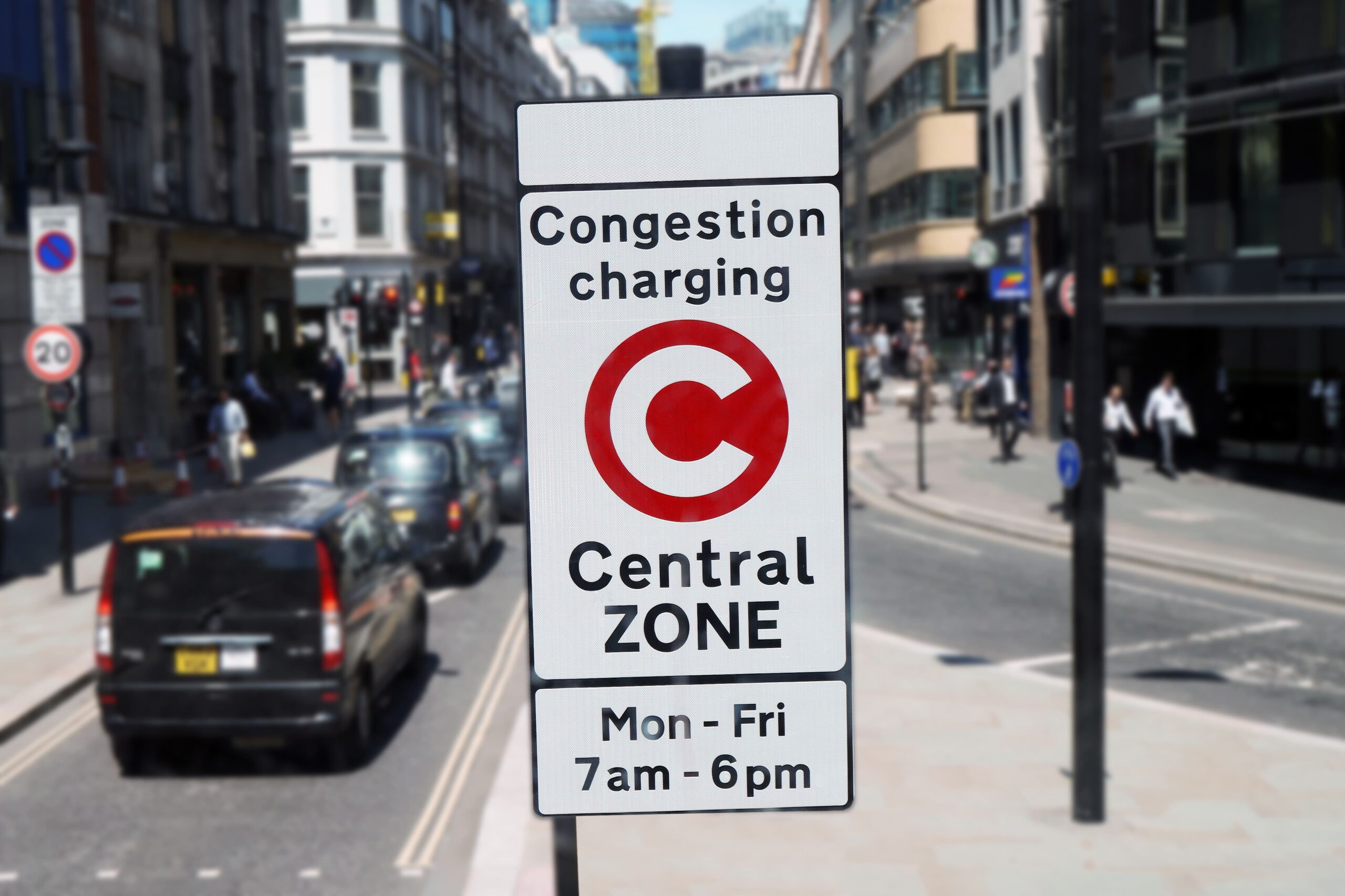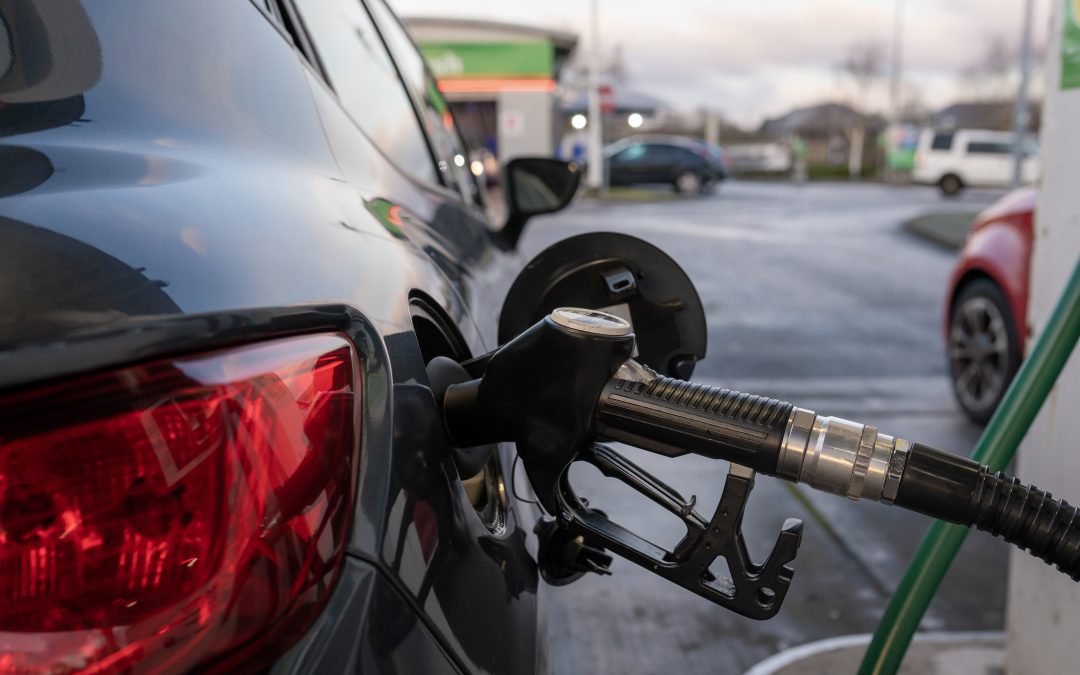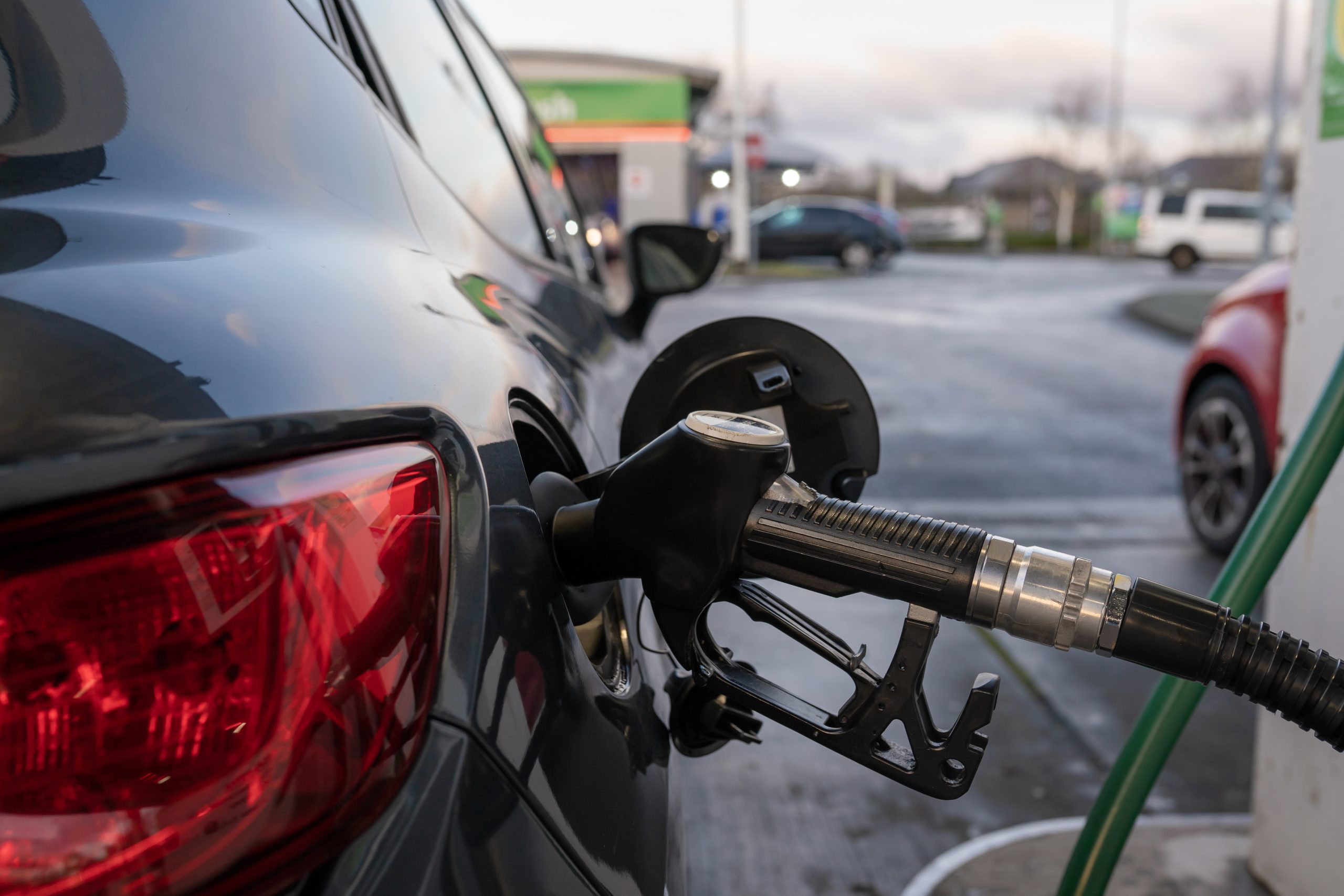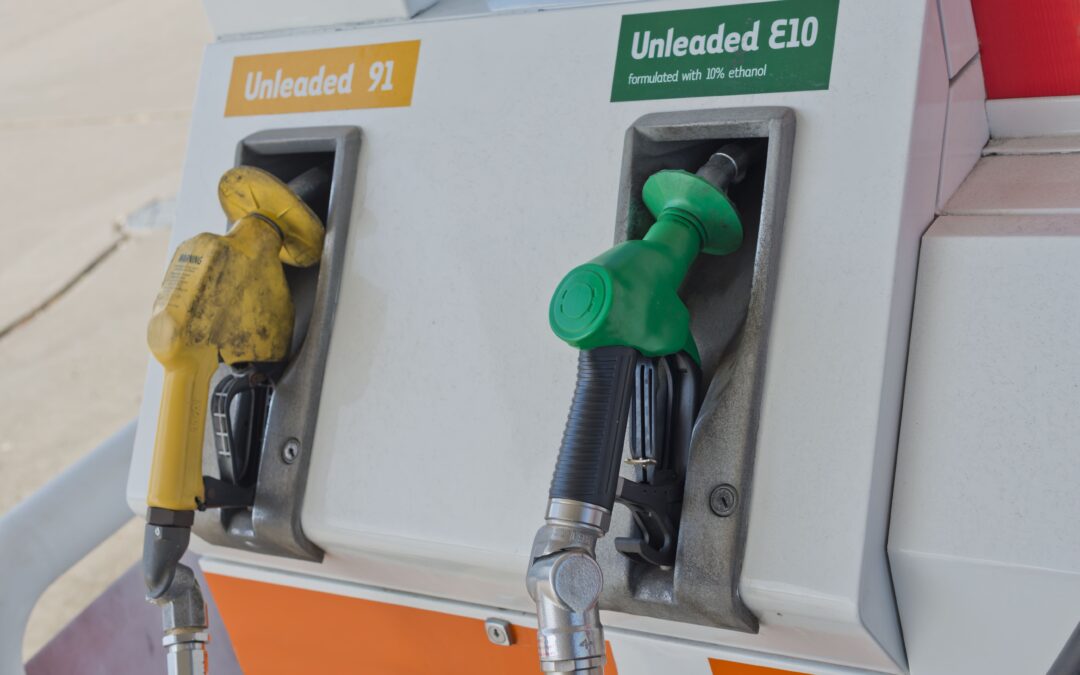
New E10 fuel could cause catastrophic damage to classic cars
From September, filling stations will switch to E10 petrol – a greener alternative in line with the government’s plan to cut emissions. However, motorists are being warned that E10 is incompatible with some vehicles, including classic cars.
It is expected that the introduction of E10 petrol on UK roads will serve to reduce transport CO2 emissions by up to 750,000 tonnes per year. Still, there is growing concern over the number of motorists who will be excluded from this new scheme due to the incompatibility of their vehicles.
E10 has the potential to corrode brass, copper, lead, zinc, rubber, plastic and fibreglass, all of which are commonly found in older vehicles. And it’s not just classic cars at risk either.
Studies show that even vehicles built in the early 2000s may be negatively affected by E10. These drivers have been warned against using E10 to fill up their vehicles until it has been confirmed that it is safe to do so.
Instead, motorists with older vehicles or classic or cherished cars will need to use the more expensive super unleaded petrol, as this will be the only maintained source of E5. Its price currently stands at 136.2p-a-litre, 14p more than standard petrol.
It is thought that this will have the most significant impact on lower-income drivers who may not be able to afford to replace their older model vehicle. Instead, they will have to fork out up to £7.50 more to fill up their tank with E5.
However, AA president Edmund King has suggested the switch to E10 will be more costly for all motorists, not just those with older vehicles:
‘Introducing E10 will add to fuel costs paid by motorists. Moving from E5 to E10 is estimated to reduce pump price petrol costs by 0.2 pence per litre. However, as the energy content of the fuel will also decrease, motorists will have to buy more litres of fuel. Overall fuel costs for petrol cars are therefore estimated to increase by 1.6% as a result of moving from E5 to E10.’
Simon Williams, spokesman for the RAC, also commented:
‘The switch to E10 petrol is clearly good news for the environment and will not affect the vast majority of the UK’s 33 million car drivers although some may see the number of miles they get from a tank go down as research suggests E10 is potentially slightly less efficient.’
Despite the environmental positives E10 will provide, Edmund King suggests that the increased prices and incompatibility with some vehicles has the potential to ‘rub many drivers up the wrong way.’
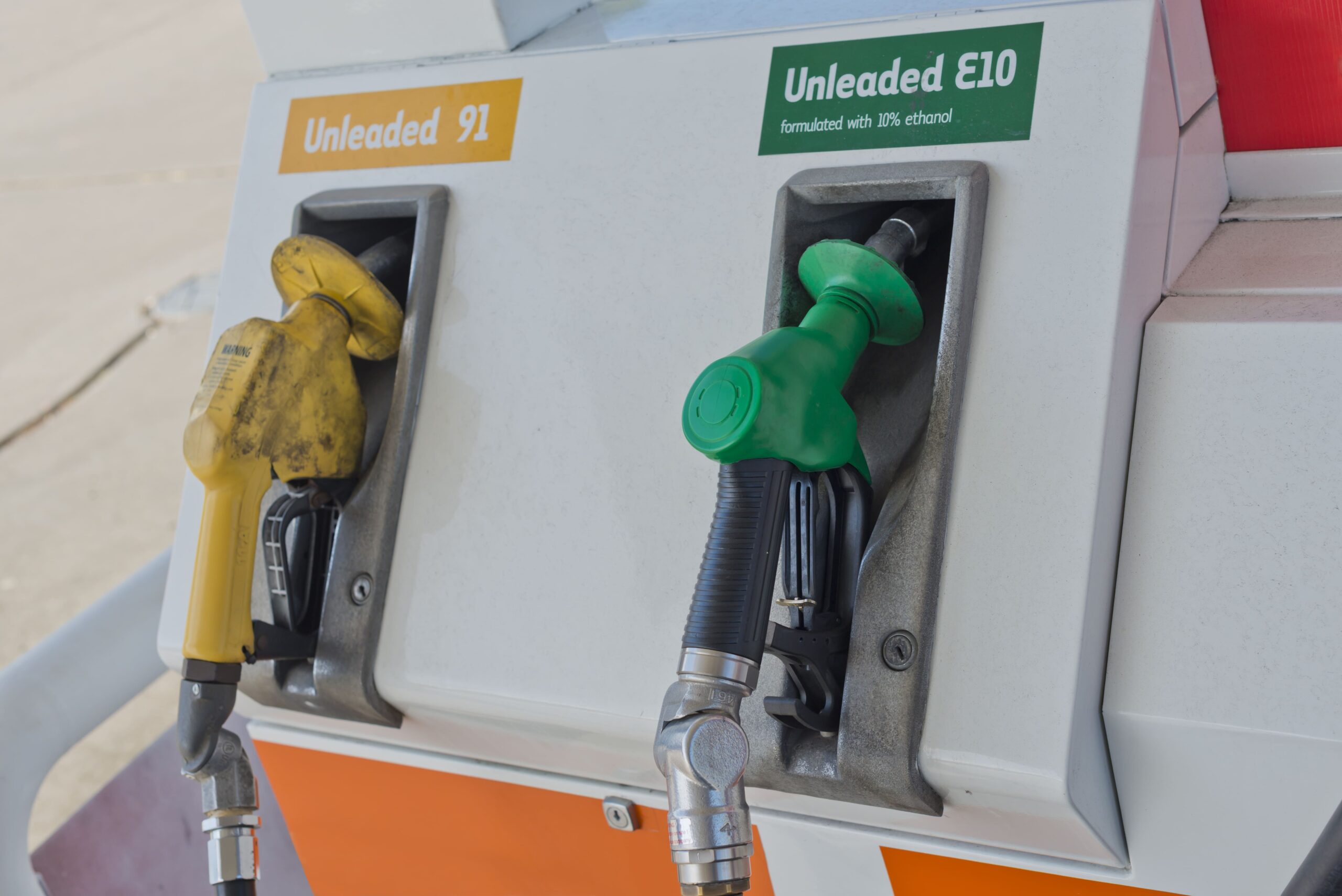
[Image Source: Shutterstock, April 2021]
Will your vehicle be compatible with E10?
According to research thus far, the following vehicles may be incompatible with E10:
- Classic and cherished vehicles
- Older vehicles, particularly those built before 2000
- Mopeds with an engine size of 50cc or under
Because of this, the Department for Transport is suggesting motorists use their new E10 Vehicle Compatibility Checker before September to avoid potential damage to their cars.
An investigation conducted by Hagerty UK – representatives of the classic car community -warns that ‘the introduction of E10 is the most significant threat to old cars since the switch from leaded to unleaded fuel.’
Unfortunately, however, the petrol retailers Association suggest that it will be up to older car owners to make modifications to their vehicle if they wish to use E10 petrol, rather than the more expensive super unleaded alternative:
‘You’ve either got to use fuel with no ethanol or change the materials that don’t like it. If you are in any doubt about your rubber fuel lines, change them. Get rid of your fibreglass petrol tank and install an aluminium one. The other thing ethanol really doesn’t like is solder. If you are running a soldered float in your carburettor, then think about carrying a spare – they’re generally quite easy to change,’ says Guy Lachlan, Managing Director of Classic Oils.
With potential modifications or increased fuel prices in mind, Hagerty UK has said that they ‘call on the Government and Petrol Retailers Association to accelerate information campaigns for drivers and riders. There may be extensive mechanical modifications required by some models, which can be a costly exercise – during an already challenging economic environment.’
Do the environmental benefits of E10 outweigh the potential risks to classic cars? Are you concerned that your vehicle will be incompatible with E10 petrol?
Let us know in the comments.
